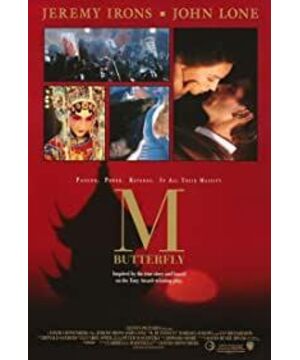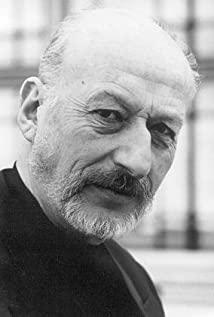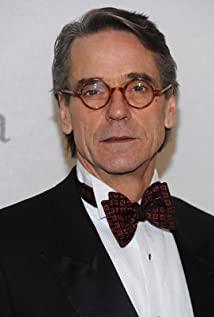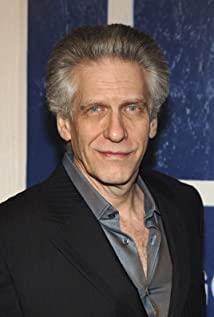In the film, Galene (played by Jeremy Irons), as an official of the French embassy in China, is full of yearning for the oriental world created by the opera Madame Butterfly (Puccini). "Mrs. Butterfly" is recognized as "the most beautiful and poetic work" in the West. The unkindness of the American man in the play directly led to the suicide of the Japanese woman. From the perspective of the plot alone, this tragedy also seems to imply a negative impact on the West. Criticism of men, but this kind of criticism is obviously unconscious. What the Western world mainly appreciates is how docile Eastern women bow down at the feet of Western men and ultimately make sacrifices. In other words, Oriental women who are completely dependent on Western men have no individual meaning and subjectivity here. There is no doubt that there is a sense of pleasure and superiority for Westerners to conquer the world. The conquest of women by men in the play can be compared to the colonization of the East by the West.
In the movie "Mr. Butterfly", Gao Renni was intoxicated with the "beautiful" and "poetic" oriental scene rendered by "Mrs. Butterfly", and thus gave birth to his longing for the exotic love that crossed the border between the East and the West. Soon, the famous Peking Opera actress Song Liling (played by Zun Long) appeared, and Gao Renni fell in love with Song at first sight, and fell into a whirlpool of love (perhaps we can also say that it is his dream of the East). The film so far looks no different from Madame Butterfly. But with the twist of the plot, the director finally revealed to us that Song Liling was actually a man disguised as a woman. The reason why he maintained a lover relationship with Gao Renni for many years was only to steal Western intelligence through him. This conspiracy, which makes people feel incredible no matter how it is understood, has subverted the East-West relationship set up in "Mrs. Butterfly". In the end, Gao Renni, who couldn't bear the shattering of his dreams and committed suicide, became the "Mrs. Butterfly" (he did pretend to be a "butterfly" before his death), while the "butterfly" Song Liling that Gao Renni was thinking of was a bit like that cruel US Navy. The film unexpectedly reverses the roles of East and West in "Mrs. Butterfly", which is self-evidently a serious satire of Westerners' self-righteous superiority. ——How could Gao Renni think that the seemingly perfect and weak oriental woman (not to mention the real identity is a man) is only with him to use him? From "Mrs. Butterfly" to "Mr. Butterfly", and from "Mrs." to "Mr.", the film breaks through the oriental images under the framework of Western centralism in a certain sense through such a gender-replacement joke. A ruthless mockery of the West's romantic imagination of the East's wishful thinking.
However, the significance of this film may end there, and we still cannot see the desire of the director to speak for the East or to change the imbalance between the East and the West. The film claims to be based on real events, but after reading the film, the mysterious and deformed so-called "Oriental cultural tradition" endorsed by Song Liling and the ideology it carries always make people shudder. I know that many people would like to talk about Zunlong's charming appearance and moving performance, but I feel awkward to flatter the Western world with such a behavior of "castrating" and "covering" oriental men. Where is the goodwill of the East in it? After all, I am afraid it is still the consciousness of Western centralism at work. According to some information, the original author of this film is the Chinese-American playwright David Huang. It is reasonable for the Chinese to reverse and improve the impression of the East in the eyes of Westerners. . And whether it is a Peking Opera or a male and female character, no matter how amazing it is, it can only be reduced to a commercial gimmick that inspires more Westerners to peep and hunt for beauty.
One thing is certain, if we can take out the backgrounds of the characters in "Mrs. Butterfly" and "Mr. Butterfly", such as their gender, nationality, and even the status symbols of the East and the West, and only regard them as two pure love tragedies, then we will I found that the one who is active and blind, selfless and devoted to love must be the one who is sad and painful. This is the elusive and incomprehensible part of love, and there is no fairness at all. The question is, back to reality, do you still have the courage to love? To love, or not to love? ——It only depends on whether you are willing to sacrifice for love.
View more about M. Butterfly reviews











